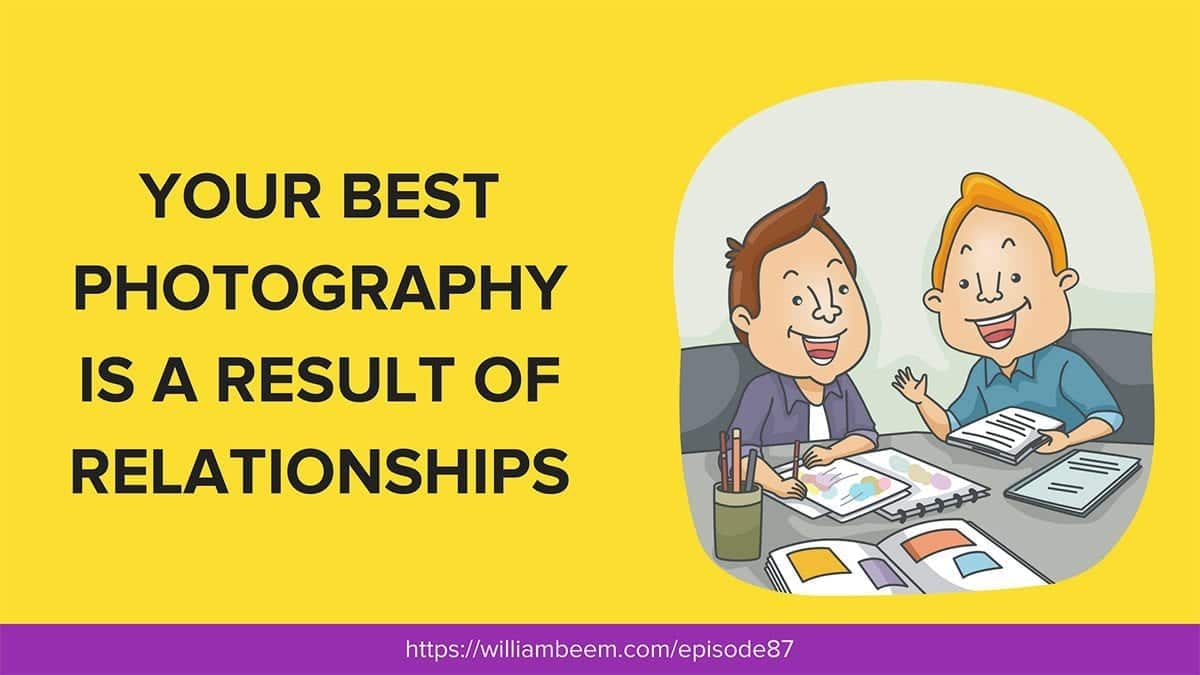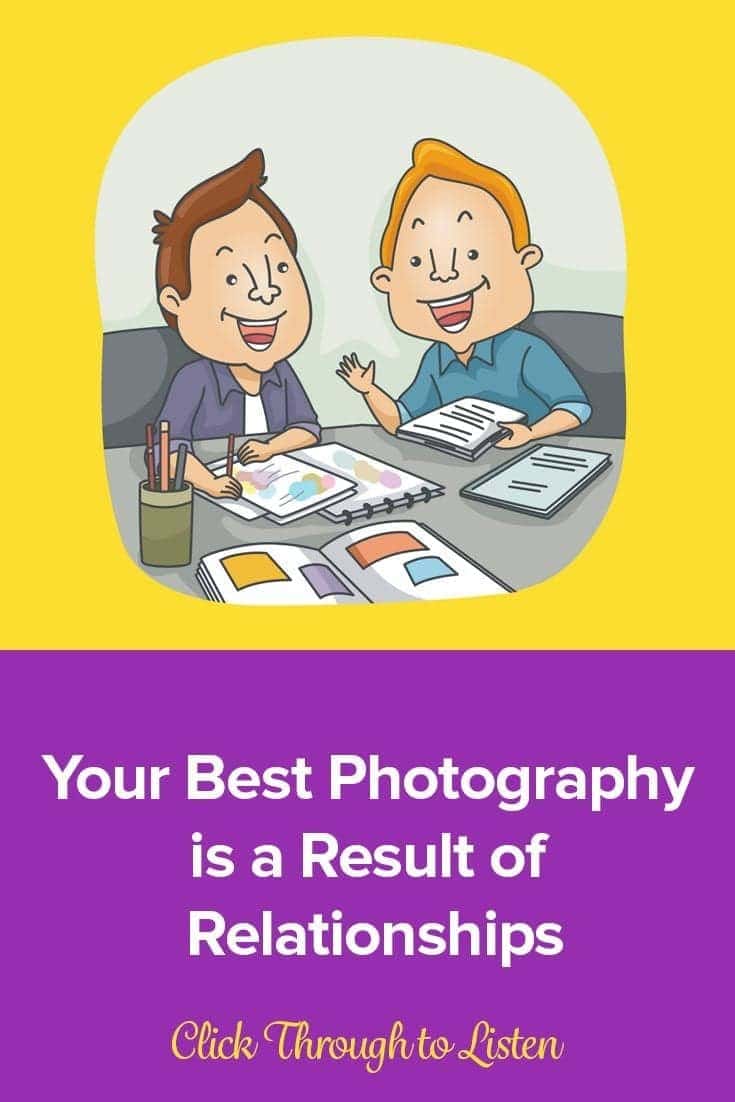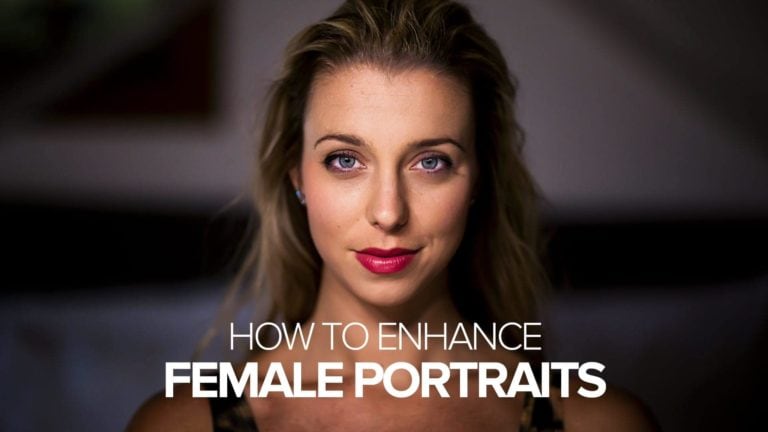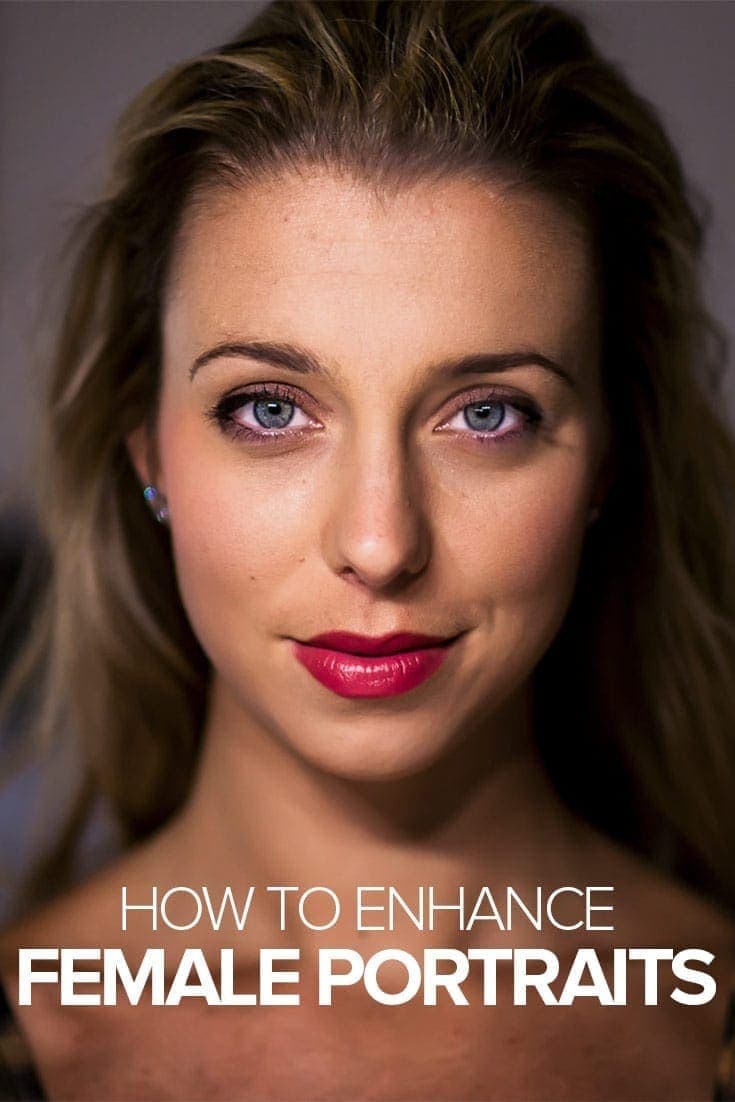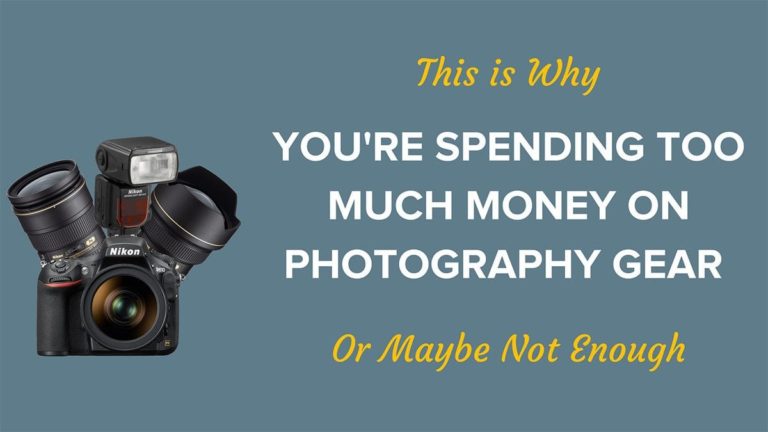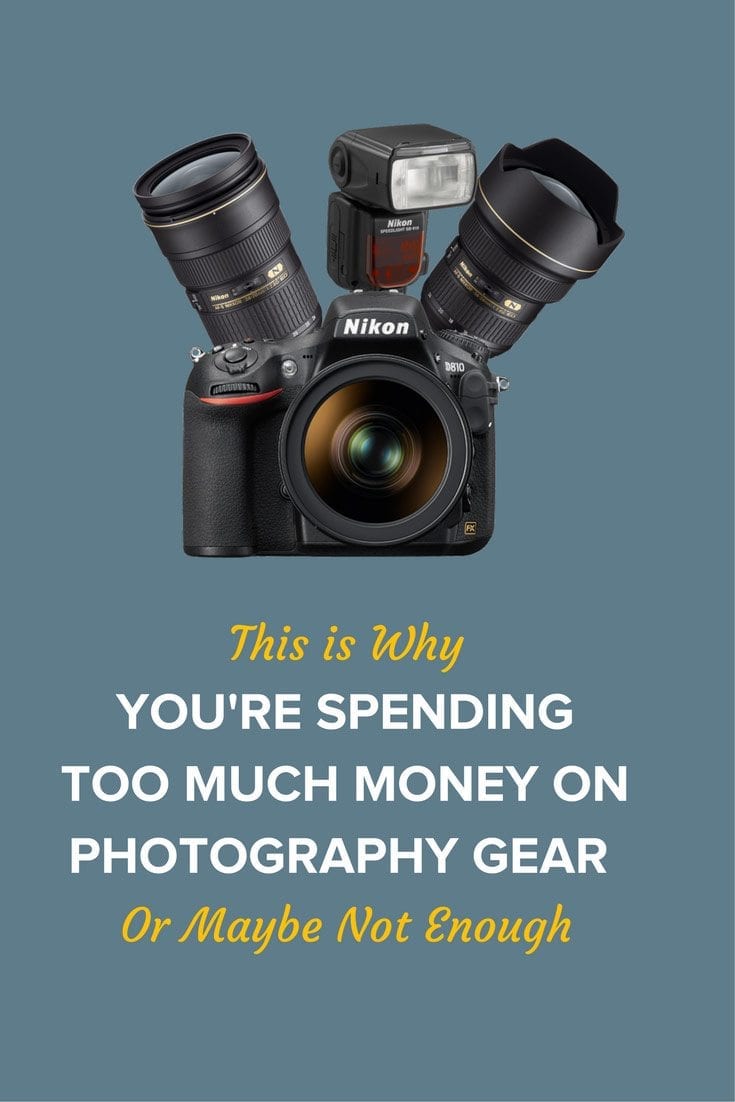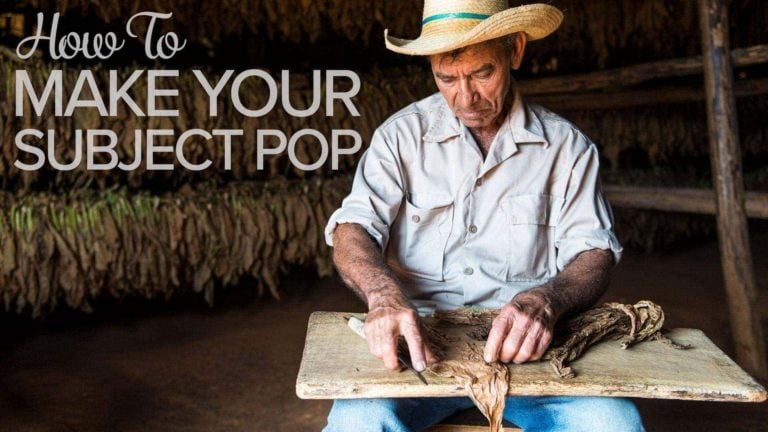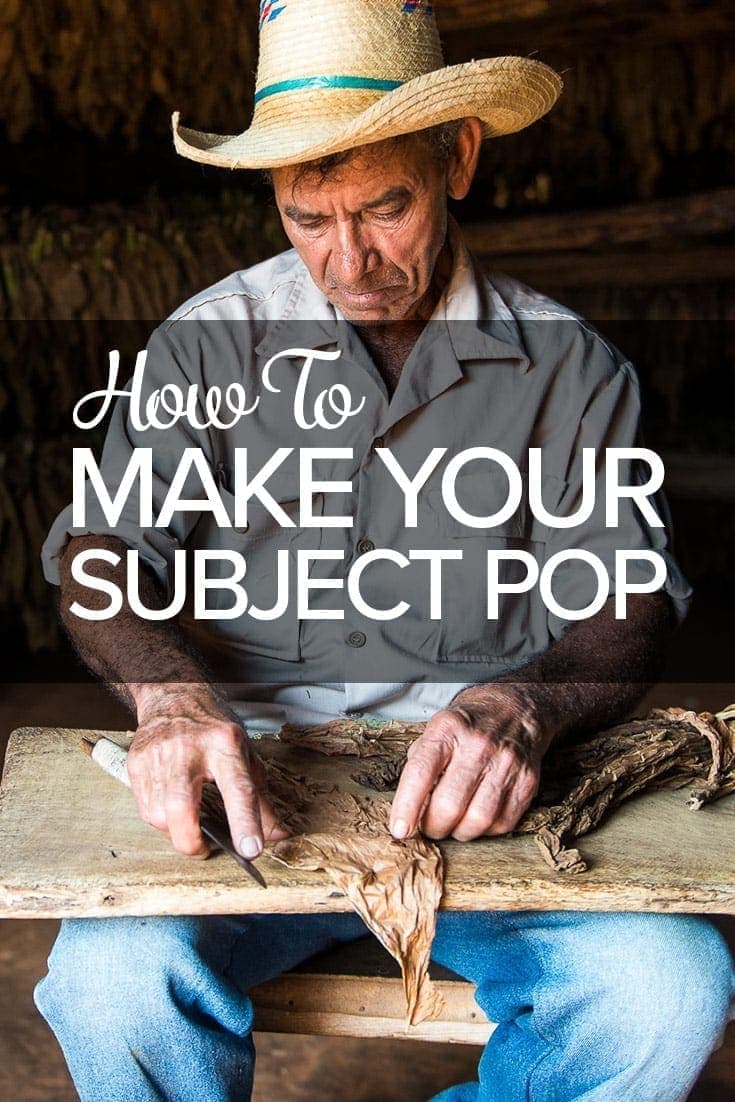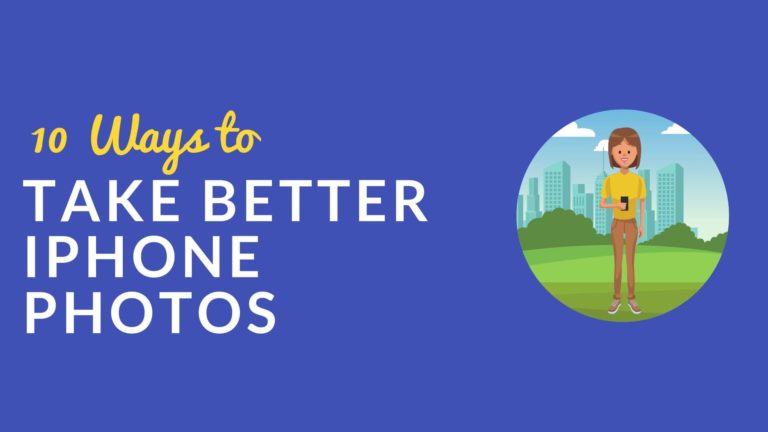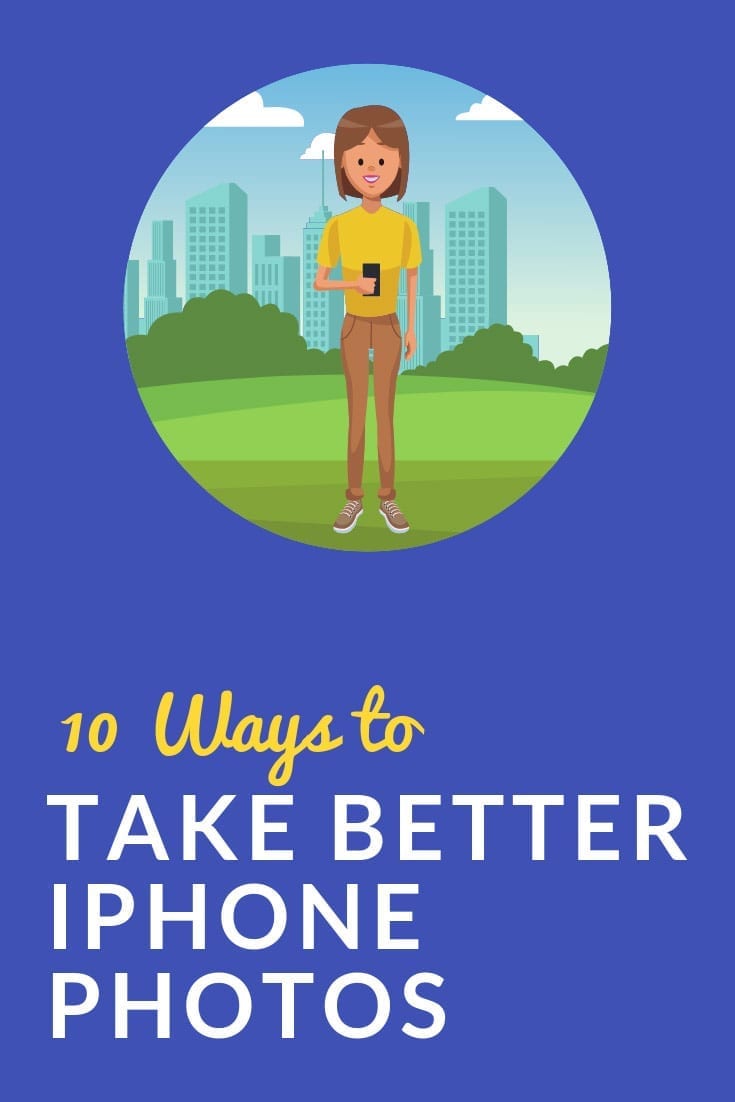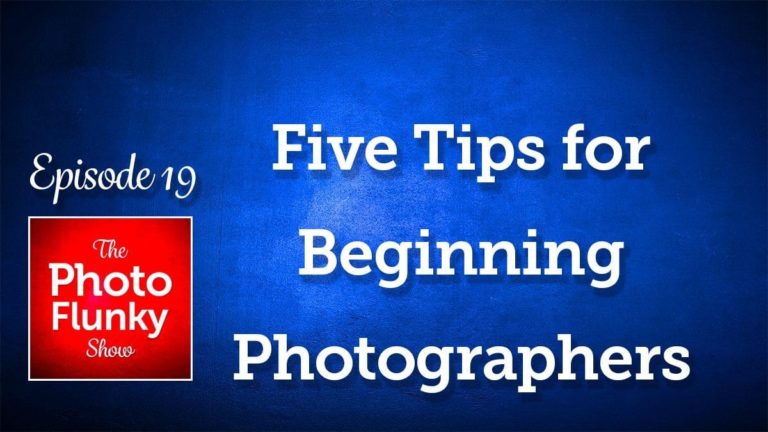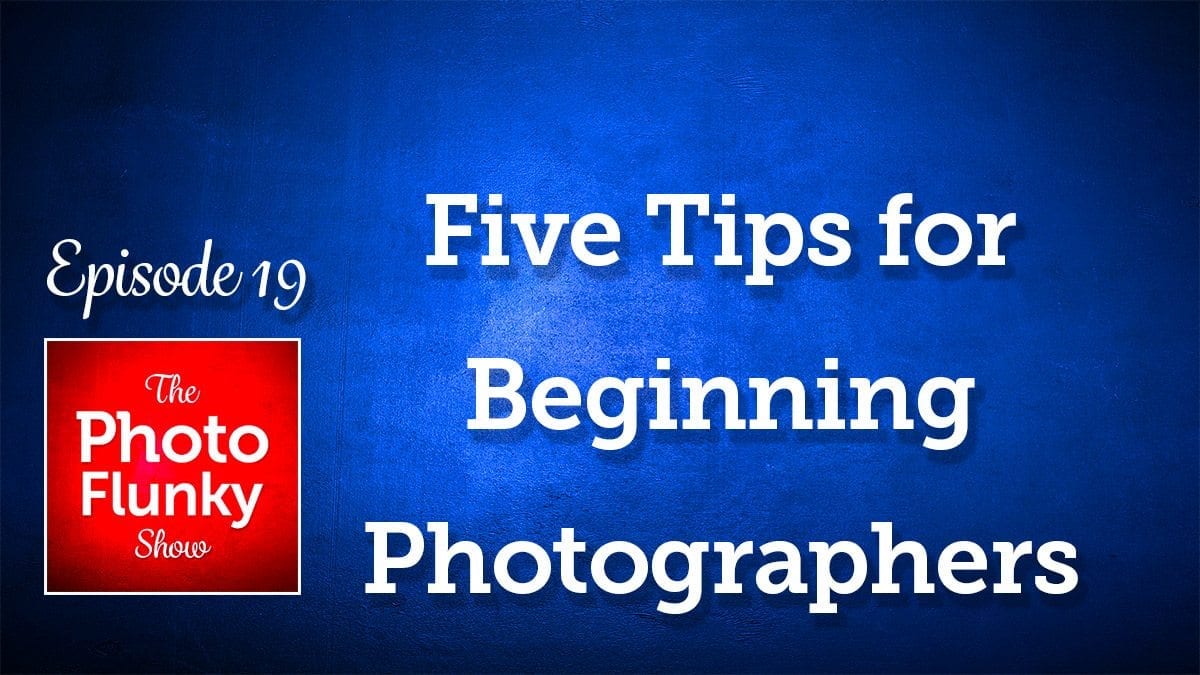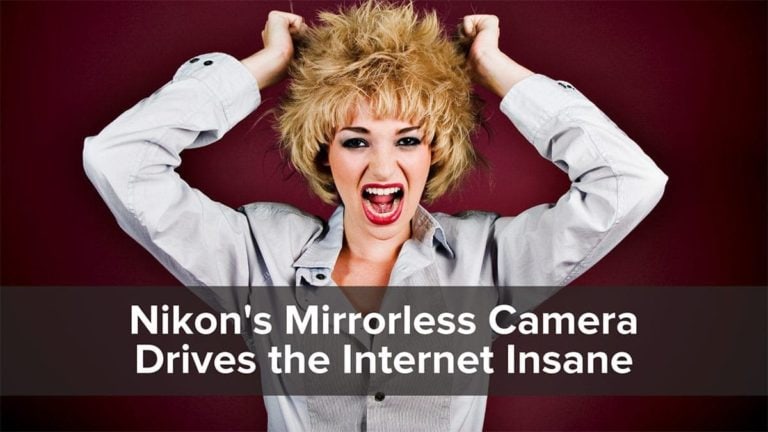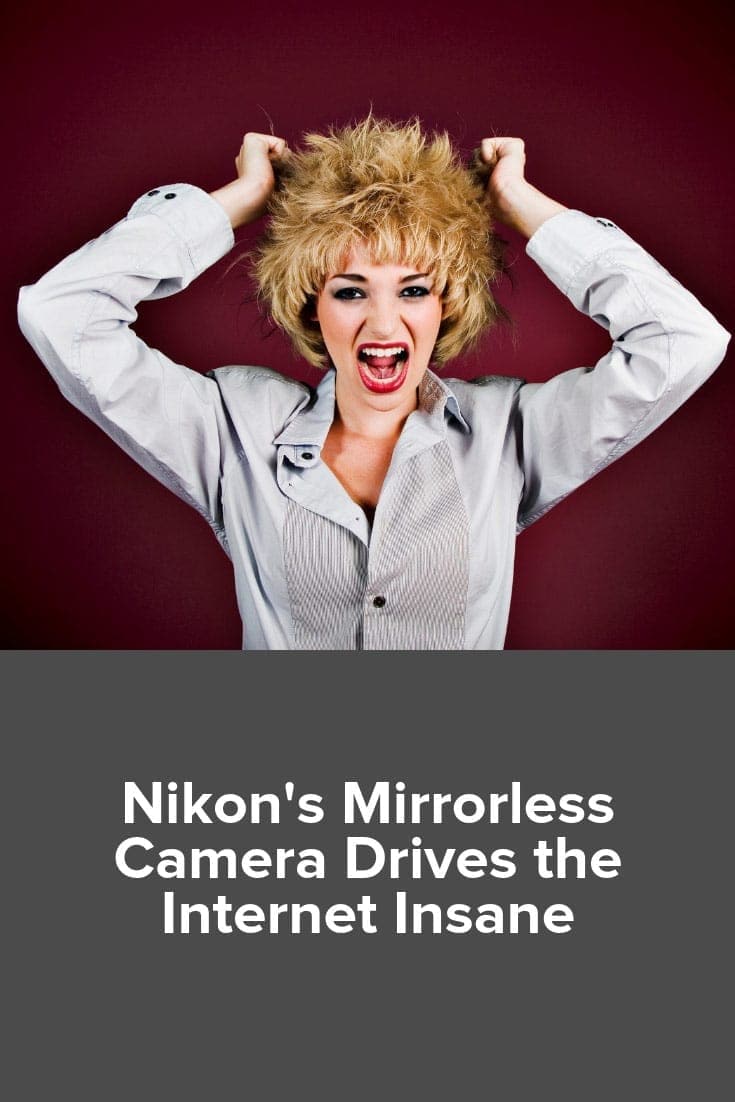Affiliate Disclosure: We earn a commission if you purchase through one of our links at no additional cost to you.
Developing Relationships is a Great Way to Boost Your Photography Skills
Photography doesn’t have to be a lonely experience. Developing relationships is one of the soft skills in photography that most people never mention, but it may impact your results more than you know.
Technical skills and creativity are necessary and wonderful. Making your ideas come to life often requires a bit of help. Here are a few examples where developing relationships can help your photography:
- Getting access to a location
- Working with a model
- Collaborating with a hair & makeup artist
- Getting help from a food stylist
- Working with a production designer
- Dealing with agencies
- Portrait session with photography assistants
- Including a second shooter at a wedding
- Working with caterers, florist, venues and other professionals serving a wedding or event
Photographers generally don’t produce their best work in total isolation. We need partners as much as they need us.
Types of Relationships to Develop
Developing relationships to serve your genre of photography is important, but there are a few common examples for all of us.
Networking with Fellow Photographers
It’s always a good idea to know other photographers, both within your genre and in other fields. That’s because every photographer will see things in a slightly different way. If you put a bunch of photographers in front of the same subject, you’ll be surprised at the variety of results they capture.
Just having different perspectives is valuable. It’s a great way to grow your creative toolkit.
Creative alternatives are only one advantage. You can also learn technical skills from other photographers. Keeping networked may offer you opportunities that you may otherwise miss.
As a result of meeting and staying in touch with photographers, both in my area and elsewhere:
- I received invitations to events to work as media
- Extended my network by meeting other models, photographers, make up artists, studio owners and more
- Earned a job working as a technical editor on a photography book
- Trying gear before buying it
- Learning new technical skills
- Making new friends
By developing relationships with other photographers, I raised my own level of skill and creativity while making new friends. That not only helps be become a better photographer, but also a better and happier person.
Networking with Industry Professionals
There is much more to photography than dealing with other photographers. In most genres, the people who can help you the most aren’t photographers, but they’re related to your genre in another way.
- Food stylists create beautiful displays for you to photograph
- Wardrobe stylists create the look for your fashion photography
- Hair and Makeup Artists enhance the natural beauty of your subject
- Wedding planners, Florists and Venue Operators can help grow your wedding photography business
- Don’t forget your clients. Referrals are the best source of new business
- People who own interesting locations can provide access
- Public Relations professionals can invite you or grant access to interesting or newsworthy events
You Have to Start Developing Relationships Somewhere
By now, it ought to be clear that you can raise your skills and take much better photographs as a result of developing relationships. That’s how you find interesting places and get access, work with other talented creative folks, and learn of new opportunities.
Where do you start, though?
I started where I found other photographers. For some, that means joining a camera club. You can find photography related groups online. In Orlando, we have various groups who host meet & greet events for photographers, models and makeup artists.
You can meet photographers in training workshops, either locally or as large events like Photoshop World.
Sometimes you need to make a cold call to start your relationship with a stranger. When I wanted access to some locations in Las Vegas, I contacted the PR department of MGM Resorts and made my request. I had samples of previous work in public areas of their resorts and we worked out an agreement.
I did something similar with my Congressman when I wanted photos of the U.S. Capitol building. Actually, I was surprised by the result of a private tour to photograph areas beyond access of folks who take the standard tour.
The Secret of Developing Relationships
While I’d love to tell you that every request I’ve made had instant success, that’s not the case. Sometimes the answer is “no.” Don’t take it personally. The reasons could vary from scheduling conflicts to a lack of authority to grant your request.
When you come across someone who could grant your request, you need to do everything you can to help them say “yes.” There are a few things you can do to improve your odds of getting approved.
- Be nice. Nobody wants to help someone unpleasant
- Give something. It’s easy to say no. Offer something to help them
- Be useful. Maybe they have a use for your photography or services
- Be good at what you do. Nobody wants to open their doors for someone who can’t take a decent photo
- Give plenty of time. The fastest way to get a “no” is to pressure someone else to your timetable
The secret of developing relationships when you want something is to eliminate their objections. Consider the possible reasons they may say no and have a plan to remove those obstacles. You can do that by being a nice person who does good work and doesn’t pressure them.
In some cases, you may also need workman’s comp and liability insurance. Having that coverage goes a long way toward opening some doors.
Subscribe to The Photo Flunky Show
Thank you for listening to The Photo Flunky Show. Make sure you get every episode by subscribing.
iTunes – https://williambeem.com/itunes
Stitcher – https://williambeem.com/stitcher
Google Play – https://williambeem.com/googleplay
Blubrry – https://williambeem.com/blubrry
Social Media Links
We love seeing your photos and keeping in touch with you on social media. Here’s where you can find us.
Transcript
THE PHOTO FLUNKY SHOW: Episode 87
Links to subscribe to the show:
You can find links to this episode and all of the other ones at photoflunky.com
iTunes: williambeem.com/itunes
Google Play Music: williambeem.com/googleplay
Stitcher Radio: williambeem.com/stitcher
Blubrry: williambeem.com/blubrry
Keep up with us on social media:
Twitter: @photoflunky
Facebook: William Beem Photography
YouTube: William Beem Photography
You can find links to this episode and all of the other ones at photoflunky.com and of course if you’d like to subscribe, we would love that. Go to at williambeem.com/itunes or williambeem.com/googleplay or williambeem.com/stitcher or even williambeem.com/blubrry
William: Thank you for joining us on the Photo Flunky Show, Episode 87.
Today we are going to be talking about why your best photography is a result of your relationships.
Hi, my name is William Beem.
Lee: Hi, my name is Lee Beem.
William: Before we get started with that topic, we want to let you know that show notes are going to be available at williambeem.com/episode87 And you can find a transcript of the show there for free. You can find links to subscribe there and also on photoflunky.com You’ll find this show and others. We’ve got a player with all of our shows there and of course links are there.
So what do I mean when I say your best photography is a result of relationships?
Lee: Tell us.
William: Here’s what it means. Even if you are a grumpy photographer who just wants to be left alone and go off and take your shots, either landscape or maybe sitting in your basement taking pictures of little doo dads ….
Lee: That’s a relationship that you don’t have.
William: No, no. I don’t want to pick on these people. They can do whatever they want to. Some people really like their solitude. I know there are a number of times before we got married that I was going off and taking my pictures by myself. My problem was I was going to Walt Disney World and thinking, who are all these people and why are in all of my photos?
Lee: Yeah, don’t they have jobs?
William: Why are all these tourists at Disney World? Don’t they have something else to do?
Lee: I was joking. When it comes to working on stuff, I know as a single person I used to get lost for days where I would disappear over a long weekend and I would just disappear into my own world of working on whatever I was working on with my creative stuff. I get it.
William: But at some point you are going to show that to somebody. Unless you are just totally isolated and you are taking photos only for yourself, really you need to have relationships and for a number of reasons. So you can either get access to something or collaborate with someone to take the photos that you want to make. And that is really where relationships come in.
I really enjoy portrait photography these days. I am going to have a hard time being a portrait photographer if I don’t have subjects and models. I’m going to have a hard time if I don’t know people who can do hair and make-up. I am going to have a hard time if I can’t get to some place interesting to pose these folks. I need to develop relationships not only to have people to shoot – because taking pictures of myself is going to get old really fast – the things that I want….
If I want wardrobe, if I want hair and make-up, if I want to get a different model, I need to be able to go out and talk to people and develop relationships with them and if I want to be recommended to other people I need to have relationships developed.
Lee: That’s true.
William: And by developing these relationships either to get access to work or collaborate with somebody, or even after the photo is done, to get it distributed someplace interesting where more people can see it, you need to be able to make and develop relationships with people.
That’s really what’s going to drive your creative effort to succeed. Particularly if you are working with clients. I haven’t even talked about this as a business issue yet. You need to have relationships because if you can’t work with other people or be nice to them or be charming or what have you, you are never going to reach your potential. That’s kind of what this show is about.
One of the things I mentioned in previous shows is collaborating or networking with other photographers. It’s easy for me because my wife is a photographer.
Lee: I don’t think of myself as a photographer, but yes, I take photos so I guess.
William: You do it daily.
Anyways, I digress. There are other folks in our community and in Orlando there are different networking opportunities for photographers and models. I know that also genders relationships with venues where we can meet. There is a studio around here called Studio One in Orlando. The gentleman who owns that has been very gracious with allowing these community meet-ups to happen in his studio. That’s developed relationships. People have worked with him and then they have come back for other projects so it’s given him business and given other people business, simply because of developing those relationships.
Networking with other industry professionals is something else I want to bring up and that depends upon what your industry is. So I’m going to pick on wedding photographers.
If you want to be a successful wedding photographer, you may want to make sure that not only are you making your customers happy, but the people who run the venue, the people who do the food, the catering, the florist.
Lee: Yeah, this is a good example of the bigger picture. One thing I’ve learned with networking is that you aren’t necessarily exclusively networking with people who are doing exactly what you are doing. So no matter what type of photography you are doing, whether it be wedding or sports or photos – you are not only dealing with that. Don’t get too much tunnel vision because you’ll very quickly learn that you need to network with the people in the broader picture and the support base of that industry.
William: Think about it with wedding photography. That’s an easy one for me to pick up because we have friends who are in that field. Sometimes they are working as the primary photographer on a shoot. And they will need assistants. So they will ask people who are photographers, can you help me out with this shoot? Sometimes other people will ask them and you are still doing business. You may not be the primary person, but you want to know other people that can help you out and do your business if you are the primary and you want to help other people.
Lee: You join or create a community.
William: So just with other photographers, people who are likely to be your competition sometimes can also be your collaborators on a project.
When people get married, they don’t necessarily know who the wedding photographer is that they want. Some do, but they are going to ask the people who run the venue. They will ask the lady who is baking their cake …
Lee: The florist …
William: Or the gentleman who is making their cake. I don’t want to be sexist!
Lee: No. That would be bad.
William: That would be bad. But all these people – someone who is helping them pick out their wedding dress, “Oh, do you know a good photographer?”
All these opportunities to basically collaborate and work with them. And you may get other business from these folks besides working together at a wedding. The person who is coming up with the floral display may need someone to come in and take photographs for other projects that they are working on.
Lee: Exactly. Hair and make-up.
William: Hair and make-up, they need their stuff, the people who are doing the catering may need photos of their stuff in order to help do their marketing. Getting to know these people not only might give you business with them but it also allows them to know what you can do and recommend you to other clients. So networking with industry professionals is definitely one of the relationships that you want to try and work on.
I don’t do weddings. My networking has been probably with business owners and sometimes public relations and vendors.
I’ll give you a couple of examples. One was when I was going off to Las Vegas. I wanted access to a number of places. I didn’t really know anybody there. I had to do some cold calling. Most of the places I wanted to go to were owned by MGM resorts. I found out who was involved with the Public Relations for that company, called her up and just had to build a relationship there.
And she had people probably coming to her all the time for wanting this or that, but one of the things is that if you develop a relationship, she’s got a feel for what you want to do, but she’s also got to look out for her own business interests.
So you can’t just call somebody up and beg. You need to be able to offer something as well.
Another example was working with my own Congressman. I went to DC and I had a request to go take a number of photographs at the US Capitol and also the Library of Congress. And I got that request. Not only did it get granted; he didn’t just put me on the tour with all the other tourists. He dedicated one of his office staffers to escort me through everything. I wasn’t part of a tour. I got a private tour to walk through the Capitol, the Library of Congress, go up, I was out on the Speakers Platform which I hate the fact that the national mall was under construction at the time I went.
Lee: Oh, I bet you did!
William: But there’s not many people calling up their Congressman that actually get to go off through the House Speaker’s office and stand on the platform where people get sworn in to be the President and get that nice lovely view and take photos out there. I thought that was great. And part of what I did was build a relationship with the Congressman and offered some of the photos and that’s how some of my photos are hanging in his office and also got some relationships with some of the other folks who were serving in Congress at that time.
I want something, but I am willing to give something. And part of that was not only that I want something, but how I approached them. It was my mannerism in, dare I say it, my sweet charm!
Lee: Oh, definitely. Most of it was his sweet charm!
William: But really, if you want access to something that somebody else owns, whether it’s government property, a private business or somebody’s land even, you need to be able to develop a relationship with those folks and explain what you’re after and find out what you can do to help them.
Of course, the other types of relationships are networking – if you’re into portrait photography the way I am – you need to be able to work with models, with agencies, with hair and make-up and all the people that are in that. But also, I think, it helps to work with vendors within the photography industry. I’ve got some relationships with some software vendors; I’ve got some relationships with people who provide photography products. It helps. Every once in a while I’ll get something out of the blue. Hey, would you try this? Do you want to write a review on this, do you want to give us some feedback on this particular product? And those are nice relationships to have. They also kind of help drive the photography that I do.
What do relationships mean really? What can you do if you don’t have any relationships? You can’t be a portrait photographer without subjects.
Lee: That would be hard.
William: You can’t be a wedding photographer without clients. Even if you want to do landscapes, if you want to go off somewhere in the boonies, we’ve got some lovely national parks. You could pay your admission and go out there. A lot of the places that I wanted to shoot were really on someone else’s property. I’ve got to be able to find a way to get in touch with someone. And there is always the risk they could say no. And some people have.
They don’t want to have the risk, even if you show insurance and you are covered for liability and barking dogs in the back of the podcast…
Lee: Yeah, they are having a mud bath.
William: We had a big storm today so we’ve got a couple of retrievers in the back yard who are just having a really wonderful mud bath session. I digress again on my podcast.
Whether you get access or not depends upon the type of relationship you develop and I guess the way to develop a relationship is really pretty simple. Most of them are: be nice. What do you do when you want something?
Lee: You engage with people and you are also willing to help out and support them. People come on and they support you and pay attention to what you are putting out, make the time for them. None of us have time. You have to make time for stuff. Make the time for people, not just the people who make time for you, but also the people who – if you would like them to find time to check out your things – take the initiative.
William: I think that’s good. I think being polite, being friendly, but also really important is being useful. Now there are some people who will feel good just for doing you a favor. If they can do you a favour without being a burden to them, some people will gladly do that. Other people you might want to persuade them a little bit. Maybe that means giving them a print of the shot you did on their property. Maybe it means helping support them for whatever their business is, giving referrals back and forth. But if you can be supportive, if you can be useful and you can be friendly and you can find common ground or ways to trade access for services or what have you, it generally works in your favor. The only other thing I can mention is give people plenty of time to help you. If you have got a deadline and you walk up to someone: I need something; I need it right away. Their stock answer is probably going to be, “I’m sorry. I don’t have time for this.”
Lee: I built relationship by bailing somebody out. I was asked if I would do a guest blog for somebody and this is going back to maybe January this year? Maybe even before Christmas and she said the person who was going to write it couldn’t meet the deadline. She made all kinds of concessions. I said, “What have you asked for?” And she gave me the thing and said because of the short notice “this is all I need.” It was basically saying: anything because I promised a guest blog.
I made sure I gave it a really good effort. And she then came back and offered me things in return. It’s turned out that this person has quite a lot of presence with what she is doing and she is constantly referring my stuff and recycling my stuff and bringing it to the fore, which is really nice. I didn’t think anything of it. I just thought that must suck. Sure, let me help somebody out. I had some time to do it. And I think I learned out of that. I enjoyed doing it. I’ve made a friend, I formed a relationship and it goes beyond that. That is just a silly example and it would apply to anything you’re doing.
William: One of the things I really like about portrait photography is that it is collaborative. I need to have relationships with people, but also you can hire models. But one of the things I found is after you have worked with a model and they know who you are, they kind of trust you. Then you might be able to also work out some trades. So for example, we had a lovely young model who came over to the house to do some shoots. She had something she needed. She wanted to be able to get some commercial work for people who are selling eye glasses and also some for her. She’s into a Brazilian Ju Jitsu. And she wanted some photographs taken with that. So I did some catalog style shots for her and she was able to submit that so she could get work promoting eye glasses and showing lifestyle kind of stuff.
And then I also got the chance to take the photos and do what I wanted for my own creative things. So it was a flat out trade. That wouldn’t have happened if we didn’t have a relationship where we knew each other.
I guess one of the things is that you don’t want to be a jerk to your models. If they don’t want to work with you again they don’t want to recommend you again.
Whereas if you are a nice person and you are supportive and you don’t mind giving something away to them in order to get something in return for photographs, then I’ve worked with this girl a number of times. She is just sweet as can be and it’s really nice to know someone you can call on when you need something.
And also feel good about giving her something back.
Lee: That kind of leads into something else that I was thinking of. Not everything that you do for a business has to be about business. Especially with the relationships that becomes true. Sometimes you do something and you throw something in because – I’m here and set up – it really doesn’t cost me anything except maybe twenty minutes.
And really, twenty minutes taken out of the course of your life, you’re not going to remember that. But it could make such a difference to somebody else and they will!
William: Yes and on that last shoot, we had a puppy who came out and she got to hug the puppy and take some pictures with the dog.
Lee: I remember that!
William: She’ll remember that and let’s say that I don’t want to shoot with the same model all the time. I can call her up and say, “Hey, I need a different look. Do you have someone that you would recommend to me?”
Most likely I would imagine, hopefully, she would say yes. She’s had a nice time with us. I might meet someone else that way and get some other shots that I need. And likewise, I can recommend people to her as well too. So it’s mutually beneficial to have these relationships and I get things that I probably wouldn’t get without them.
Lee: There is something so satisfying about doing something for someone and they turn around and say “I owe you,” and you say, “No you don’t. You’re welcome.”
Sometimes in our nature, we like to be given things, but I really do think that we are made with this instinct to want to give as well. And you need that to balance you out. You need to have a place to put what you have to give.
William: There is one other thing and I’ve brought this up a number of times on this show before, but you and I wouldn’t be here married right now, if it weren’t for us developing our relationship through our photography.
Lee: That’s true.
William: So you never know where it’s going to lead you!
Lee: Cameras can get you a wedding ring!
William: Another thing I want to bring up is going to conferences, I’ve spent a number of times going off to Photoshop World and I’ve met some wonderful friends out there. They are great people and I kind of get to keep up with them online, but also they have turned me on to other opportunities. So for example, Alan Hess teaches concert photography out there. He was working with someone on a book and that person needed a technical editor for another book and he referred me. I’ve got business contacts out of just going to a conference, meeting people, meeting people and being nice to each other, developing that relationship…. it gave me another relationship with someone I never knew and I also got some work out of it.
Lee: Yes.
William: Opportunities are there and I think they will drive your photography and your other businesses. Even if you are not into business, they will just drive you in places that you honestly wouldn’t have ever expected.
Thank you very much for joining us on the Photo Flunky Show.
Show notes are going to be available at williambeem.com/episode87 and you’ll get a transcript of the show for free. There will be links to subscribe to us on iTunes, Google Play Music and Blubrry and others.
And of course listen to us on photoflunky.com. There’s a player there where you can listen to this and other shows. And finally, I want to thank you so much for your relationship with us. If you are listening to us week after week, we really appreciate you. And we’ll see you again next week.

